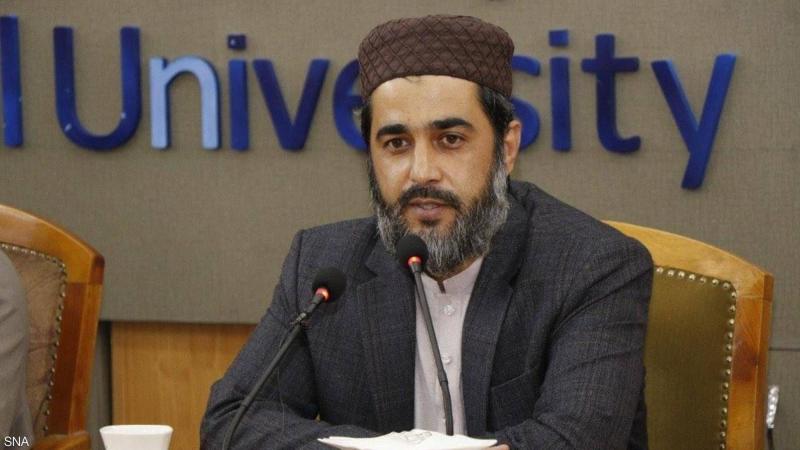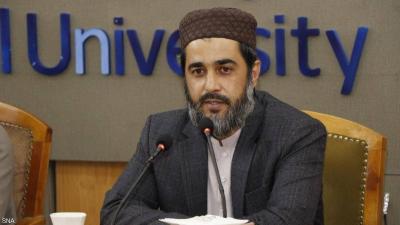The Taliban faces several complex issues in various aspects of public life, having seized control of Afghanistan in August. The movement is attempting to set aside weapons and utilize alternative means to govern a state that has been devoid of effective governance for nearly 20 years, returning with ambitious goals to build its own system.
The "transitional government" established by the Taliban began to manage the country by relying on the backbone of the previous government, appointing managers and leaders in various sectors from the Taliban or its supporters. However, the Taliban's selections have not always aligned with governmental operational realities, yet both sides—the old and the new—have adapted to the current situation, as both benefit from each other to maintain state structure and continuity of services, and to avoid job losses in the new system.
One of the most controversial appointments by the Taliban was the selection of a loyal journalist, Mohammad Ashraf Ghirat, to lead Kabul University, Afghanistan's largest higher education institution, despite his lack of higher degrees. Ghirat, in his thirties, assumed his role in September and was quick to implement measures that included banning women faculty and students from entering the university "until a suitable Islamic environment is provided." He further called for a shift in the university's focus towards Islamic studies, expressing his desire to "appoint more Muslim scholars to achieve the Islamization of the curriculum."
### Mass Resignations
Since Ghirat's appointment as president of Kabul University, the aftershocks of this "academic earthquake" began, with nearly 70 professors announcing their resignation or readiness to resign if the Taliban government did not reverse its decision. The situation heightened further when Dr. Mohammad Osman Babouri, the university's vice president and acting president, was removed. Babouri holds a PhD in Pharmaceutical Sciences from Philipps University in Germany, while Ghirat has only a bachelor's degree in journalism from Kabul University.
However, Ghirat defended himself by stating that he has spent his life in academic circles and considers himself "fully qualified" for this position. University faculty and department heads expressed their dissent over this choice, which violates academic standards recognized globally. Dr. Noor Haq, a professor at Kabul University, described the appointment as "unfortunate and beyond expectations," arguing that it is illogical to choose a university president who does not even hold a master's degree when the university is filled with experienced doctors.
### A Shift in Leadership
About a month after Ghirat's selection, the Taliban government backtracked and announced his dismissal. Dr. Osama Aziz was chosen as the new president of the university, officially starting his role recently after being introduced to faculty and students. Dr. Aziz holds a bachelor's degree in Islamic Sharia from the International Islamic University of Islamabad, a master's in Islamic Business Law, and a PhD in Jurisprudence and Law from the same institution.
Kabul University professors noted that the criterion of "loyalty to the Taliban" or affiliation with the group seems present in the selection of the new president, "with a Taliban inclination." However, they expressed that "choosing someone with academic credentials and higher degrees and experience is better than appointing a journalist merely due to their allegiance or support for the movement." This selection has resolved a significant crisis at Kabul University, which the Taliban's Ministry of Higher Education, headed by Abdul Baqi Haqqani—a conservative religious figure—has sought to manage.
### Dismal Conditions
Afghanistan has over eighty universities and higher education institutions, most of which remain closed due to the "lack of a suitable environment," according to the Taliban government, which promises to reopen them soon. However, the economic and psychological conditions for university professors are dire as they continue to work without salaries. Difficult circumstances prevail in a country undergoing a dramatic transformation amid an economic crisis.
The situation has escalated to the point where one university professor protested on the streets of Kabul with family members dressed in shrouds, raising slogans to express their plight. Images have circulated of another professor, reduced by circumstances to selling vegetables from a cart on the streets of Kabul. This not only reflects the struggles faced by academics but also highlights the broader crisis facing a nation at a critical turning point after decades of turmoil.




